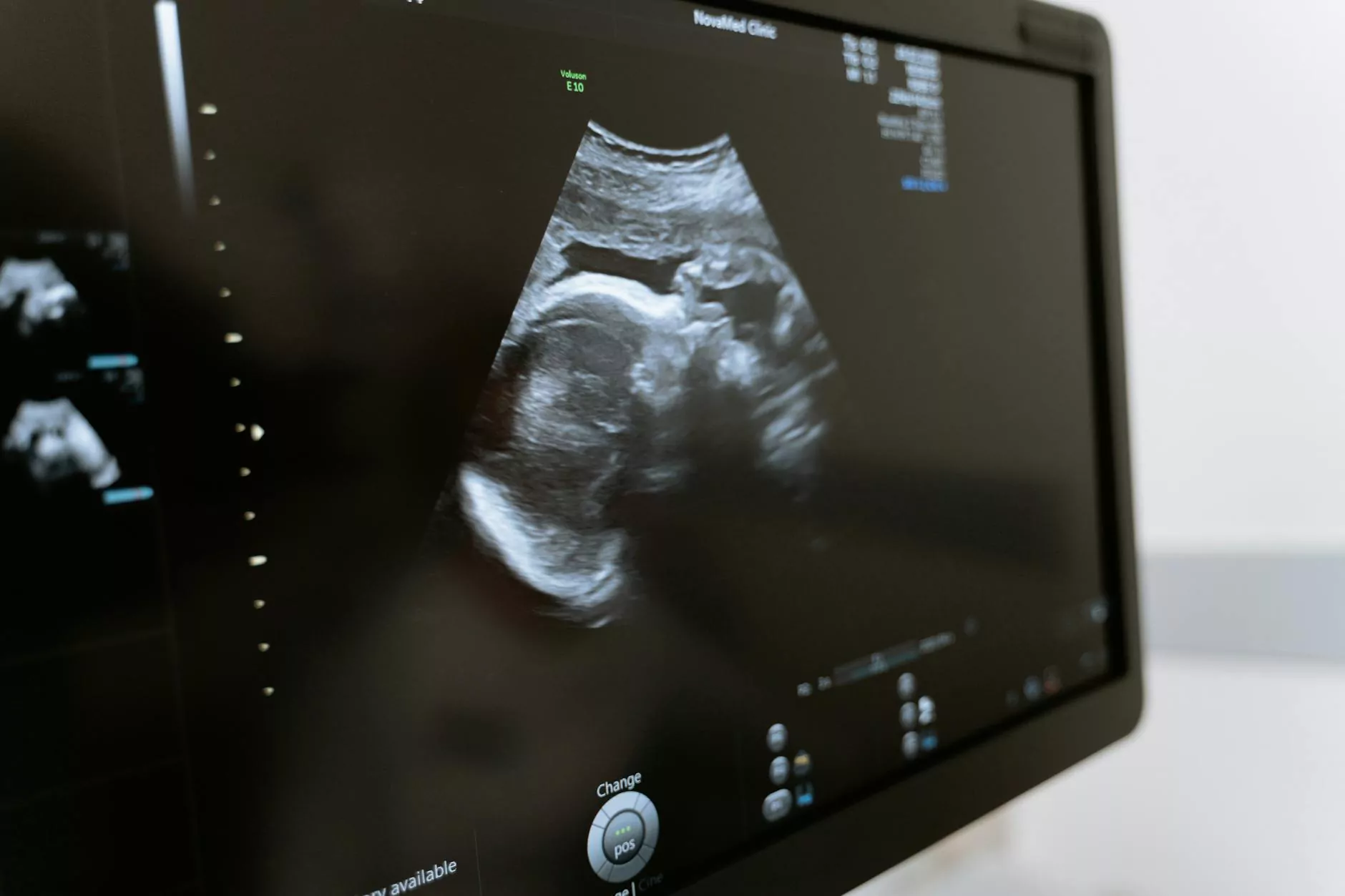Understanding the Importance of Ebola Isolation Units in Healthcare

Ebola isolation units are critical facilities designed to manage and contain outbreaks of the Ebola virus. The significance of these units extends beyond their physical structure; they embody a vital part of public health strategy and medical preparedness in tackling infectious diseases. This article delves deep into the intricacies of Ebola isolation units, their functionality, and their role in the broader context of healthcare and medical centers.
The Ebola Virus: A Brief Overview
The Ebola virus disease (EVD) is a severe, often fatal illness in humans caused by the Ebola virus. It is transmitted through direct contact with bodily fluids of infected individuals or animals. The symptoms of EVD can be sudden and severe, leading to high fatality rates. To effectively address the challenges posed by this virus, specialized facilities known as ebola isolation units have been established.
What is an Ebola Isolation Unit?
An ebola isolation unit is a specially designed healthcare facility or designated area within a healthcare institution that provides care for patients with confirmed or suspected Ebola virus infection. These units are equipped with advanced safety and containment measures to prevent the spread of the virus, both within the unit and to the general public. Here are some key features:
- Negative Pressure Rooms: Isolation units are often equipped with negative pressure rooms, which help to contain infectious aerosols and prevent their escape into the surrounding environment.
- Personal Protective Equipment (PPE): Healthcare workers are required to wear specialized PPE to protect themselves from viral exposure during patient care.
- Dedicated Staff: Only trained personnel who are knowledgeable about handling biohazardous materials and infectious diseases operate within the unit, minimizing the risk of cross-contamination.
- Advanced Surveillance: Continuous monitoring of patients and environment to ensure safety standards are maintained.
The Critical Role of Ebola Isolation Units in Public Health
The establishment and operation of ebola isolation units are crucial for several reasons:
1. Containment of the Virus
Isolation units play a pivotal role in controlling outbreaks by ensuring that infected individuals are cared for in a controlled environment. This containment is essential not only for the patient's well-being but also for community safety. By limiting exposure to the public, the spread of the virus can be significantly reduced.
2. Protection of Healthcare Workers
In the absence of adequate isolation facilities, healthcare workers are at a higher risk of infection. Ebola isolation units are designed to protect these critical personnel, providing them with the necessary resources and training to handle potentially infectious patients. The use of PPE, negative pressure rooms, and stringent protocols helps keep the workforce safe.
3. Research Opportunities
Facilities implementing ebola isolation units contribute to research and advancements in understanding the virus. These units provide an environment where trials can be conducted safely, leading to the development of treatments and vaccines. Research conducted within these units is vital for public health responses to future outbreaks.
Challenges in Implementing Ebola Isolation Units
While the necessity of ebola isolation units is clear, their implementation and operation come with challenges:
1. Funding and Resources
Establishing an Ebola isolation unit requires significant investment in infrastructure, staffing, and ongoing training. Many healthcare systems, particularly in developing countries, may struggle with limited funding, making it difficult to create and maintain these vital facilities.
2. Training and Preparedness
Healthcare workers must be thoroughly trained to handle infectious diseases effectively. Regular drills, updates on protocols, and education on the Ebola virus increase preparedness but require commitment from healthcare administration to prioritize these training programs.
3. Community Education and Support
Community engagement is essential for the success of these units. Misinformation can lead to stigma and fear about the virus, potentially discouraging individuals from seeking medical help. Public education campaigns are crucial to ensure community support and understanding of how isolation units operate.
Case Studies: Effective Implementation of Ebola Isolation Units
To better understand the practical application of ebola isolation units, it is helpful to examine case studies from past outbreaks:
1. The 2014 West Africa Ebola Outbreak
During the 2014 outbreak, West Africa faced substantial challenges in managing the virus. Countries like Sierra Leone and Liberia struggled with limited hospital infrastructure. However, international aid and health organizations established temporary ebola isolation units that were pivotal in controlling the outbreak. These units facilitated proper care and helped contain the virus within specific regions.
2. The Guinea Outbreak
In Guinea, health authorities set up dedicated isolation units equipped with medical personnel trained in epidemic response. As a result, these units significantly reduced the transmission rates and were a model for subsequent efforts in managing potential outbreaks in the region.
Best Practices for Operating Ebola Isolation Units
To maximize efficacy, healthcare institutions should consider implementing the following best practices for ebola isolation units:
- Regular Training: Conduct frequent training sessions on infection control and safe practices for all healthcare workers.
- Simulated Drills: Organize mock drills to ensure that staff can effectively respond to a potential Ebola case.
- Partnerships with Global Health Organizations: Collaborate with organizations such as the World Health Organization (WHO) for guidelines, resources, and emergency response strategies.
- Community Involvement: Engage local communities in awareness programs about the Ebola virus and the importance of reporting symptoms.
Conclusion: The Future of Ebola Isolation Units in Global Health
As we face a world increasingly vulnerable to infectious diseases, the importance of strong and well-prepared healthcare systems is undeniable. Ebola isolation units are integral components within this system, providing essential capabilities to manage outbreaks effectively and protect public health. By investing in these units, training personnel, and engaging with communities, we can build a robust defense against Ebola and other viral threats that may arise in the future.
Through innovation and commitment, healthcare organizations can not only treat the infected but also prevent the devastating consequences of viral outbreaks. This proactive approach is crucial to ensure that healthcare systems are equipped to deal with the emerging challenges of infectious diseases in our interconnected world.
Call to Action
To learn more about the incorporation of ebola isolation units and the latest innovations in health and medical practices, visit Odulair. Together, we can foster a healthier future and effectively combat infectious diseases.









